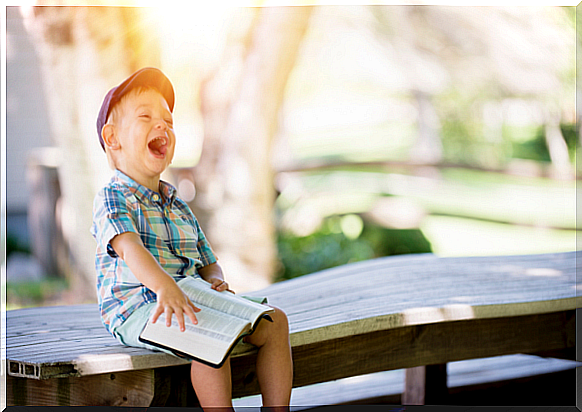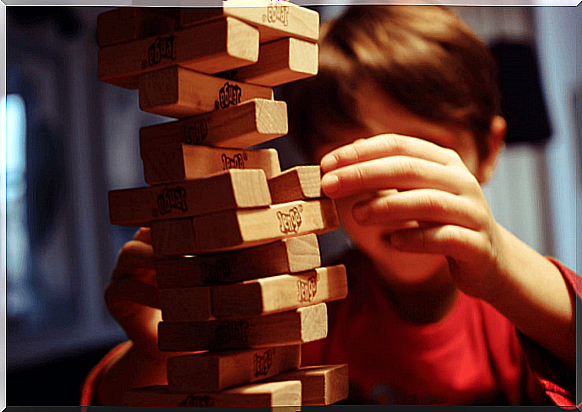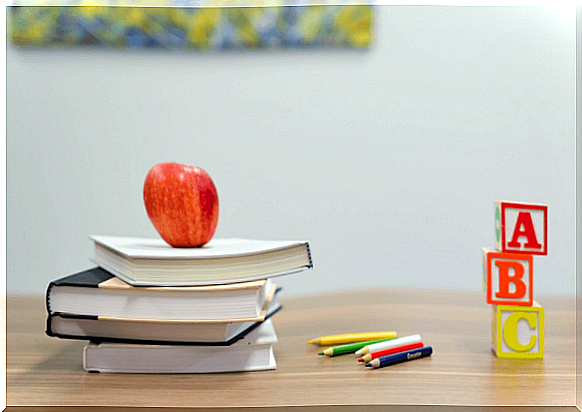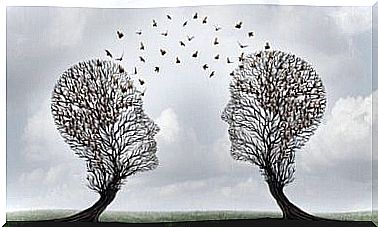The Emotional Health Of Children With Learning Disabilities

We are constantly learning new things about children with learning disabilities. The more society advances, the clearer it becomes that we need to adapt the content of our curriculum and the way we teach.
That is precisely the reason why more and more schools are starting to offer support. Many schools today also employ people who specialize in special education, listening and language skills. But even with all this progress, we still overlook a fundamental aspect.
That aspect is the emotional health of children with learning disabilities. So now the question is, what can you do to support these kids and make sure they don’t feel stigmatized?
What kinds of things do children with learning disabilities feel?
It is very common for children with learning disabilities to experience emotional discomfort because of their limitations. These feelings can range from frustration and sadness to fear. Of course, we must not forget that these kinds of emotions occur in almost all children.
But how can parents tell that their child is experiencing this kind of discomfort? There are many warning signs to watch out for. The emotions we just mentioned can arise at any time, especially in school-related situations. These emotions can express themselves in different ways: for example, crying, worrying, headaches, stomachaches and arguing.

Just because I have learning disabilities doesn’t mean I’m less intelligent
The feelings we mentioned can have many different causes. One is that children with learning disabilities often think they are “dumbler” than other children. It is extremely important for parents to help their children overcome this thought. Simply because this thought just doesn’t make sense.
At the same time, the parents should also explain (clearly and at the right level for their child) what learning disabilities are. The child should walk away from this conversation with a clear understanding that it has nothing to do with how intelligent someone is.
Parents also need to get the message across that having learning disabilities does not mean that someone is worth less. The people around them will not love them less because of their learning disabilities.
This last part is extremely important. If children see that their parents are having a hard time with their learning disabilities, they will feel that there is something wrong with them. Parents should take charge and always maintain a positive attitude towards their children.

Am I different because I have learning disabilities?
As we get older, we begin to understand more and more that everyone is the way they are. In psychology we call this concept “individual differences.” However, when we were young, most of us simply wanted to be like everyone else. Or at least, if we were different, at least it didn’t have to be in a negative way. That’s why it’s so important to intervene and help your child understand the roots and consequences of what makes them feel different.
If you want to help them with this, make sure they get attention even when they’re right. It shouldn’t just happen when they make mistakes because of their learning disabilities.
Because no matter how good your intentions are, it doesn’t help to focus only on their mistakes. That’s why it’s so important to give them positive reinforcement when they do something right.
Finally, find out if your child’s support system and customized curriculum will work for him. You may need to make some adjustments due to emotional and social changes. In that case, parents and teachers must work together to give the child the very best.

All this effort wears me out: when we overload children with learning disabilities
Remember that children with learning disabilities usually have to spend more time and effort on their homework. All this extra concentration can make them frustrated and angry, so it’s important that their parents help them deal with this.
It can also be very motivating and productive to work with smaller goals that are easier to achieve. That way, they’ll feel like they’re moving forward, instead of looking up at an impossibly steep mountain. This simple step is absolutely fundamental.
Before we wrap up this article, let’s share one more thing that will have a major impact on the emotional well-being of children with learning disabilities: finding something they’re good at. An activity or sport that they enjoy, something that makes them feel fulfilled. Having learning disabilities can affect children emotionally, but you have it in your power to help your child feel better about themselves.
Images courtesy of Ben White, Michal Parzuchowski, and Element 5 Digital.









